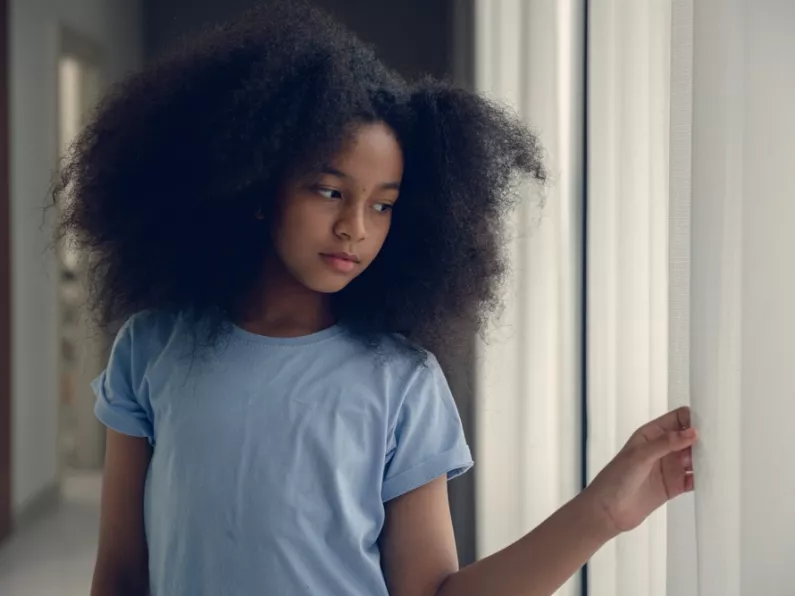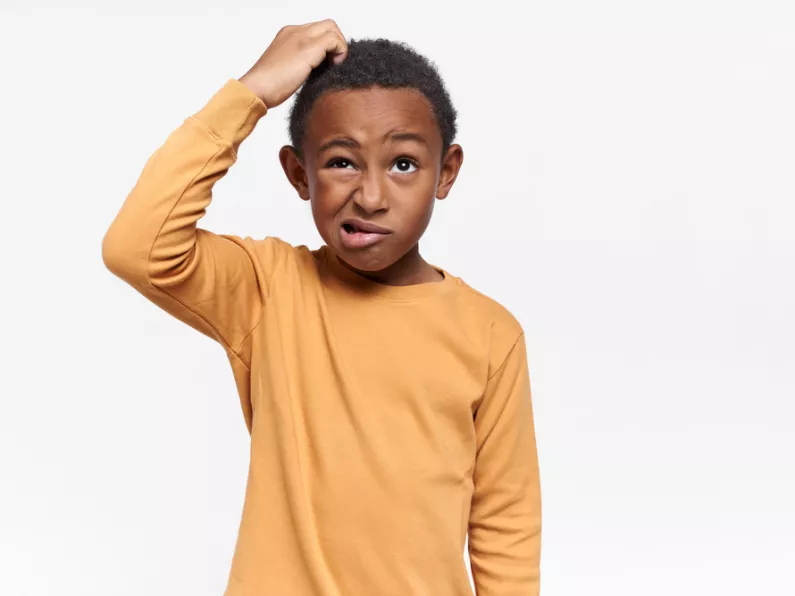Abuse isn't always easy to spot, so here are 12 signs a child may be being abused.
It's natural to be concerned about the safety of your child, especially if they spend most of their time away from you.
They are so innocent and vulnerable so it is up to us as adults to look out for them and ensure they are safe and protected.
What can make this difficult is the fact that the signs that a child is being abused are not always obvious.
This is because most abusers are family members, and it takes what I call an "inner eye" to spot it in your infant, toddler, or any child.
Most children are not able to tell you what is happening to them or may not even know that what is happening is wrong.
The signs of abuse to look out for may be physical, emotional, or sexual.
12 signs a child may be being abused
Physical signs
- Your child may cry or fight when being taken to a certain place or person, or may appear frightened around certain people
- Your child may have bruises, injuries, burns, or broken bones. As much as accidents, especially in toddlers, are common, injuries on the back, behind their legs, on the neck, or on the abdomen may be a sign of abuse. Repeated injuries could also be a sign of abuse
- An infant who is consistently hungry, wears the same diaper for long periods of time, is irritable, does not feed well, or will not stop crying may be abused and may need urgent attention
- Regression can be a sign of abuse, like if a child goes back to wetting themselves or sucking their thumbs
- Signs of neglect in a child may include excessive weight loss, poor growth, a lack of clothing or supplies to meet physical needs, and poor hygiene.
Emotional/verbal abuse
- Your child may be withdrawn and less talkative
- Loss of appetite
- Complaining of consistent headaches or stomachaches
- Experiencing nightmares and having trouble sleeping.
Sexual abuse
- The child may have pain, bruises, or bleeding around the genital areas
- They may demonstrate sexual knowledge or curiosity beyond their age
- They may become secretive and withdrawn.
Be alert
It is also important to look out for potentially abusive signs in parents or caregivers. These may include:
- Showing little concern for the wellbeing of their child
- Blaming the child for their injuries and speaking extremely negatively of the child
- Providing contradictory explanations for the child's injuries or providing no explanation at all.
Bottom line
It is the responsibility of every adult to look out for any of the above signs in a child near them.
Once you spot these signs, it's your duty to find help from the relevant authorities.
If you affected by any of these issues, please contact the Child Protection Services.









